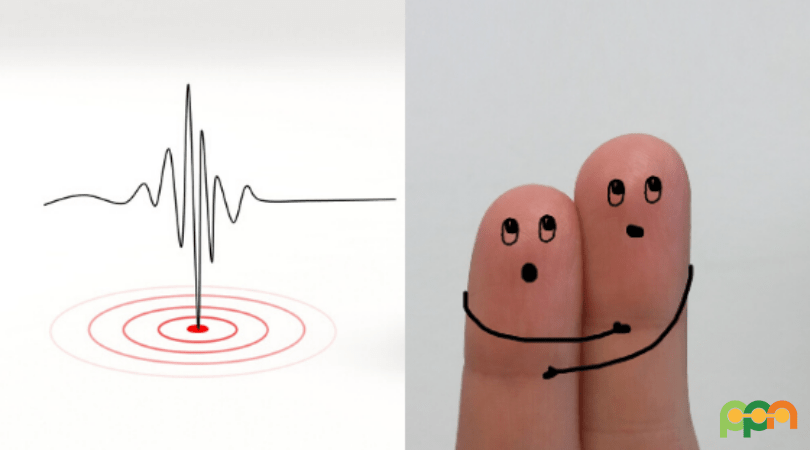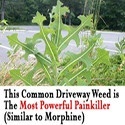Do not panic? Easier said than done.
Nah!
Of course, no one can be too ready for a calamity like an earthquake since it’s a natural disaster. Oftentimes, ignorance about the coming disaster leads to fear. And fear will blind you on how to react when your place is already shaking. This will cause more damages or, worst, take lives.
But if you are prepared, the damage will be lessened or better yet, prevented.
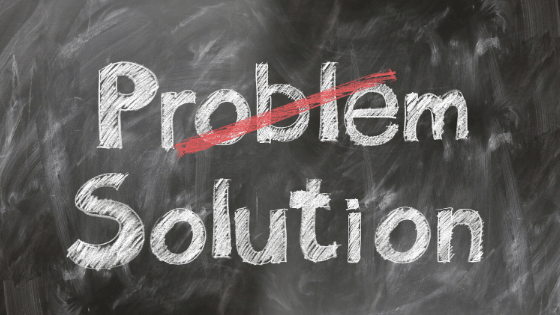
FIRST. There’s no need to worry and panic if you secure your home by:
- fastening shelves to walls
- removing heavy objects on high levels
- moving breakable items like mirrors, glassware, and picture frames into secured closed containers or cabinets
- checking electric wirings and gas connections
SECOND. Know your safe place both indoor and outdoor. Study your house and make a mental note of safe places. Do not panic. Know the ‘duck, cover, and hold’. It’s a must.
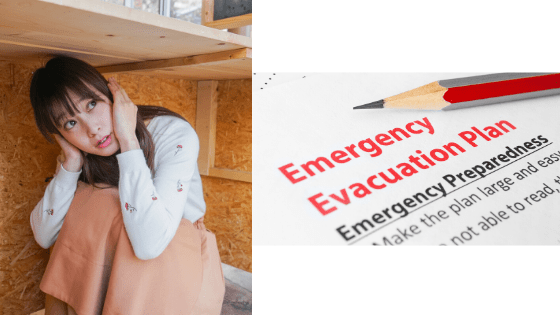
Also, be aware of then safe places outdoors. Drop to the ground in a clear spot away from buildings, trees, and power lines. If you are driving – pull over, stop and set your parking brake. Avoid overpasses, bridges, power lines, trees, signs, buildings, vehicles and other things that may fall on your car.
THIRD. Have a disaster supplies such as flashlights, batteries, first aid kit, food, and drinks handy. Here’s a guide on how to be self-sufficient during a disaster like an earthquake.
FOURTH. All the members of the family must be adequately brief and informed on what to do when an earthquake is happening. Even children must be briefed. They must know how to keep themselves unharmed during the event. If all are prepared, there’s no need to panic at all.
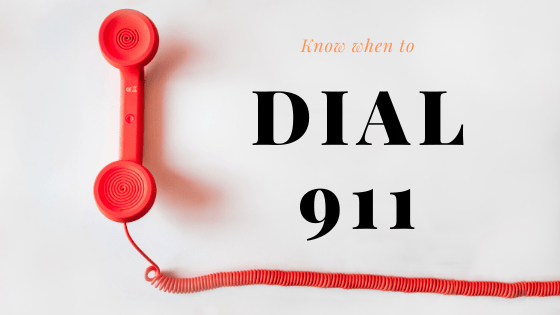
When an earthquake has finally stopped, check for the following:
- yourself and others for injuries
- water, gas, and electric lines for damage
- turn on the radio to be updated with the news
- stay out of damaged areas and/or buildings
- stay away from beaches as tsunamis may occur
Preparation is important. But the aftermath is what we all want to contain as much as possible.
Since an earthquake is inevitable, what we are aiming for is to minimize the destruction and prevent loss of lives. Having insurance, evacuation plans, and emergency kits are valuable.
That’s why being vigilant is the key. There’s shouldn’t be room to panic. Because it is always better to be safe than sorry.
